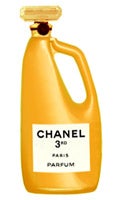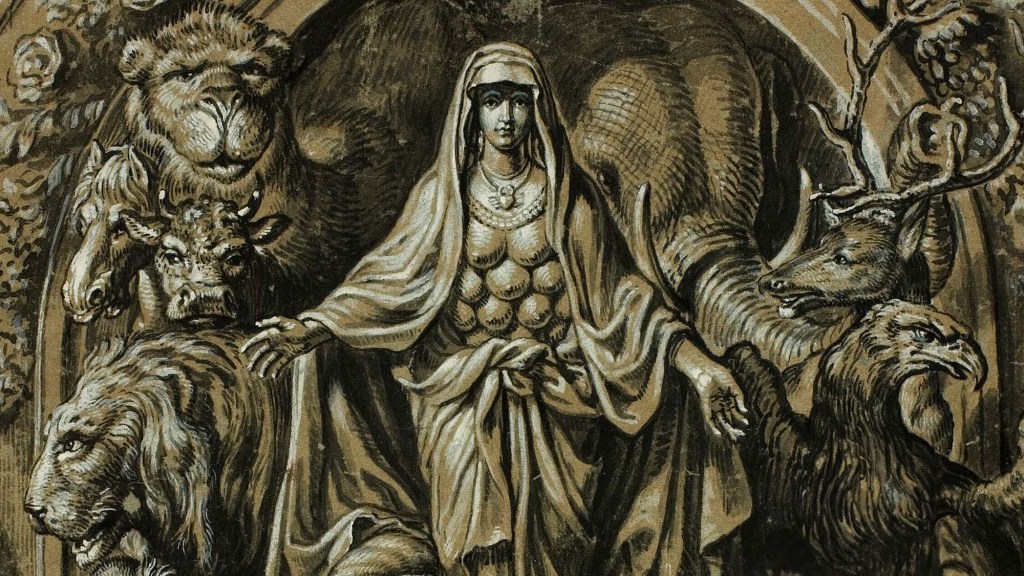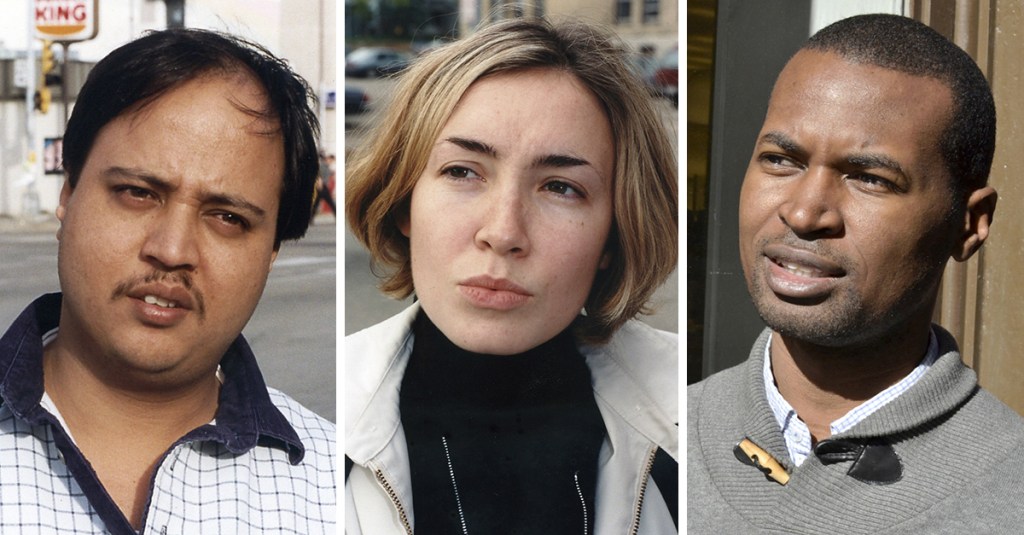PARIS—Fashion house and perfumer Chanel, famed for its iconic, $300-an-ounce No. 5 scent, announced that it has created a cost-efficient fragrance for the Third World, one specifically designed for the rigors of dry, dusty, less glamorous environments in the Southern Hemisphere.
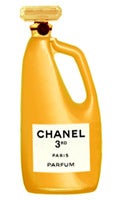
“Smelling positively bewitching should be the right of everyone, not just a privileged few,” said Chanel CEO Maureen Chiquet at the gala launch for the new scent, Chanel 3rd, in Paris’ Centre Georges Pompidou Monday. “It is our hope and belief that this new fragrance will bring much-needed panache to the Third World.”
Chiquet said 3rd marks Chanel’s first-ever attempt to appeal to a low- or no-income consumer market, and is part of the fashion world’s desire to “give something back” to developing countries that have offered much in the way of photo-shoot locales and labor outsourcing. After six years of trial and error, Chanel’s 17-member development team was able to bring the perfume’s cost down to a more affordable $100-an-ounce.
“That we were able to pull it off for a price that is, by fashion-industry standards, nearly free, is a testament to what we can do for the less fortunate when we really want to,” said Chiquet, who expects 3rd to be popular among consumers “from Nigerian shanty towns to Bangladeshi floodplain villages.” “I can’t express how humbling this whole project has been for us.”
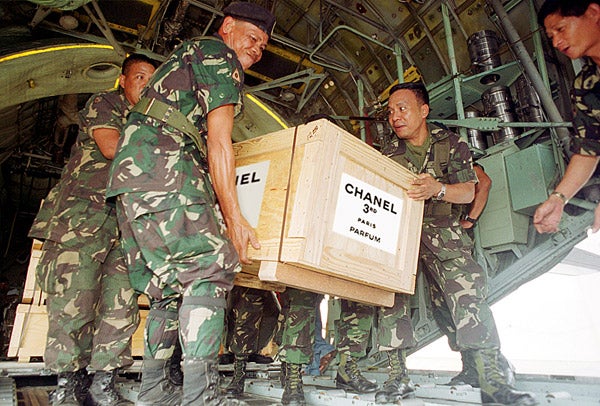
As for 3rd’s scent, Chanel wanted something “clean, youthful, and beguiling,” said Chanel chemist Robert Geneau, adding that organically musky, smoky, and earthy tones had been rejected because the scent’s intended users most likely had too much musk, earth, and smoke in their lives already. “3rd has a bright, grassy base, like a fresh breeze after a rain—a very exotic scent for our target customer. There are also notes of cocoa, citrus, spices, and other things our customer sometimes raises and harvests for foreign export, but rarely gets to savor herself. Captivating, and for a fraction of the cost of high-end scents available in the West, 3rd is just the economic miracle developing nations need.”
The genius of 3rd, Chiquet said, is how “it can go from hut to field to fire circle without losing its potency or charm.”
“Normally, perfume should complement the wearer’s own unique aroma, but with Third Worlders, obviously that’s not desirable, so our greatest challenge was creating something that would linger on the body,” said Chiquet, noting that in an average day, a 3rd wearer might be exposed to dirt, grime, polluted water, past-date U.N. powdered milk, blood, gun smoke, urine, tears, flaming oil, aggressively amorous warlords, land mines, and the effects of decomposition. “3rd had to show some serious staying power through all sorts of deplorable conditions.”
Continued Chiquet: “We think it will appeal to young and old alike, so our goal is to get this perfume to every Third World female between the ages of 11 and 35.”
However, not everyone in the fashion industry has responded favorably to Chanel’s effort. Some believe it is the U.N.’s responsibility to deploy fashion police to sartorially unstable Third World states. Others, like designer Michael Kors, say that couture, not accessories, should take top priority.
“Certainly, the Third World needs an international fashion intervention,” Kors said. “But perfume? Chanel invented the little black dress—why not an inexpensive version for the Third World? It’s versatile, flattering, and the definition of sophistication.”
Vogue Editor-in-Chief Anna Wintour agreed with Kors. “Developing nations lack the basic wardrobe infrastructure to appreciate a designer scent,” Wintour said. “[Designer John] Galliano is going in a much more sensible direction with his cotton evening gown for Darfur refugees, though he’s having trouble getting the cost below $1,100. It’s a noble effort and a fine design—not that I’d personally wear it, of course.”
After the company’s first shipment of 3rd to Uganda was hijacked by warlords and traded on the black market for several BM-21 ground-to-air rocket launchers, Chiquet said Chanel plans to avoid future difficulties by sending sales representatives directly into target markets in Angola, Kashmir, and Myanmar.


